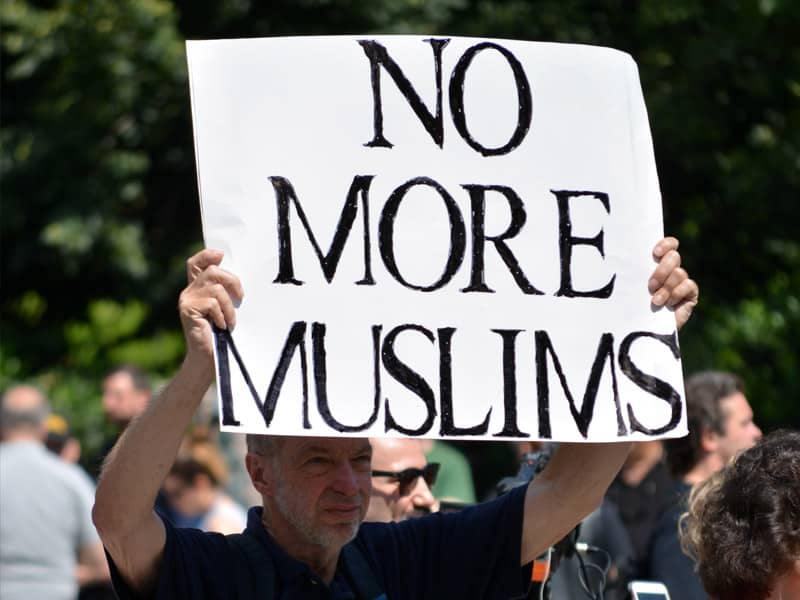This Ramadan, as Ghadiali meanders through the halls of the State Department, where she works as a speechwriter, her thoughts will likely be on the tiny city of Sana in Yemen and the nearby village where she once lived. It was there, just a few miles from the Arabian Sea and a whole world away from home, that Ghadiali learned the meaning of Ramadan back in 1993. "That was the first time I was a Muslim in a Muslim country during Ramadan," says Ghadiali, a native of Jacksonville and St. Petersburg, Fla. "You had an entire society where everyone was focused on Ramadan, on fasting and on prayer." Ghadiali, the daughter of immigrants from Bombay, India, was no stranger to the spiritual uplift of the annual fast and was well rooted in her faith, she says. Her father was an imam in the local mosque in St. Petersburg, and she reminisces about days of fasting and spirituality as a child. But as a 21-year-old in Sana, Ghadiali experienced something profoundly different. She had landed in Yemen as a Peace Corps volunteer shortly after graduating from college in the early 90s. She was assigned to teach English to teenagers in a small village some 100 miles from Sana. Hers was a hardship posting, but Ghadiali considered it a path to adventure. It soon proved even more. During Yemen's traditional month-long break for Ramadan, Ghadali traveled to Sana, where she stayed with the local Dawoodi Bohra community who make up the Shiah Fatimi Ismaili Tayyibi Dawoodi Bohra denomination of Islam. There, she was struck by the level of spirituality expressed during the day, followed by the festive, almost carnival atmosphere that set in once the sun went down. All around her, there was a sense of shedding one's deeds-good and bad--for the year and reviving the inner soul. "It was about spending eleven months balancing life's duties, then spending an entire month focused only on your spiritual duties and reevaluating your life," she explains. "It reinforces the idea that all your life centers on God. That's why Ramadan is so important to me. It's about rooting all things back to God." But Ghadiali's stay in Yemen ended abruptly when fighting broke out and she was evacuated along with all the other Peace Corps volunteers. It was then, as she was being shuttled onto an American transport plane, that she realized the profound change she had undergone. She had made a bond with a nation and its people, but more importantly, she had made a spiritual bond to Islam within herself. It's only fitting, then, as Ramadan rolls around again, that she remembers that precious month she spent in Sana and her other ten months in Yemen. She remembers the power of shedding all one's worries and sorrows in the name of God. But she feels a bit of sorrow, even guilt, at having to continue juggling her daily responsibilities as a speechwriter here while trying for a spiritual revival.
"It's still really difficult," she says. "Everything you do for eleven months should make way for that one month of focusing on Islam. And that's what I really want to do, but can't." But, she adds, "Ramadan is a time for worship and prayer, good thoughts and good deeds. Thankfully, we can do that, no matter what we may be doing or where we might be."

